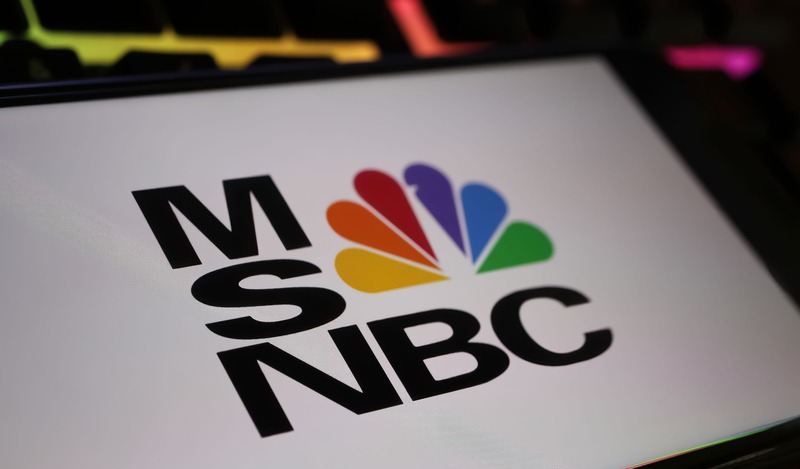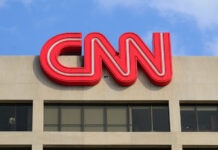Former MSNBC host Joy Reid launched a scathing attack against Piers Morgan on Wednesday, July 16, accusing the British television host of orchestrating a racially motivated ambush during what she believed would be a straightforward interview about her new media ventures.
On her podcast “The Joy Reid Show,” Reid described the experience as a calculated attack, claiming Morgan’s team misled her about the interview’s focus. She alleged that instead of discussing her new YouTube show and current political topics as promised, Morgan confronted her with pre-edited clips addressing past controversies and accusations of race-baiting.
Reid characterized the Thursday interview as “a cheap, sleazy, very Piers Morgan pivot to take the heat off of the right and Trump and put it right where the right needs to be, on the Black lady.” She provided a screenshot of an email as evidence that Morgan’s team had misrepresented the interview’s intended direction.
The confrontation centered on Reid’s departure from MSNBC in February 2025, when her show “The ReidOut” was canceled as part of a network restructuring. Reid’s program had experienced declining viewership, averaging 973,000 total viewers in February 2025 compared to 1.3 million during the same period in 2024, representing a 28 percent decrease.
During the heated exchange, Morgan challenged Reid’s assertion that her termination was racially motivated, suggesting instead that declining ratings were responsible for the cancellation. He accused her of utilizing race as an explanatory factor rather than acknowledging performance issues.
Reid responded by accusing Morgan of being fixated on racializing conversations, particularly with Black guests. She suggested that Morgan’s approach was designed to satisfy what she described as his predominantly white audience’s preferences for racial controversy.
The interview also addressed Reid’s controversial blog posts from 2007 to 2009, which contained homophobic remarks and anti-gay jokes. These posts initially surfaced in 2017, leading to Reid’s apology, though she initially claimed without evidence that hackers had placed the offensive content on her blog before later admitting she had no proof of such interference.
Reid criticized Morgan for revisiting the decade-old controversy, questioning whether dredging up past issues was an attempt to maintain relevance. She also referenced Morgan’s departure from “Good Morning Britain,” which she attributed to his persistent criticism of Meghan Markle.
Nina Turner, a former Ohio state lawmaker who appeared on the same episode of “Piers Morgan Uncensored,” supported Reid’s characterization of the interview as a setup. Turner described the encounter as an attack on a Black woman and suggested that conservative media personalities were preoccupied with racial issues.
Reid’s tenure at MSNBC was marked by controversial commentary, including her references to Supreme Court Justice Clarence Thomas and her characterizations of Black Republican politicians. She had previously suggested that her identity as a Black woman generated stronger negative reactions from white viewers when she expressed controversial viewpoints.
The former MSNBC host emphasized that she believed engaging with opposing viewpoints was important, but felt deceived by what she perceived as Morgan’s misleading approach. She indicated that while she expected some deviation from the proposed topics, she was unprepared for the extensive focus on past controversies and the inclusion of pre-edited material.
Morgan responded to Reid’s accusations on social media, acknowledging that the interview had not proceeded favorably for Reid. He dismissed her characterization of him as obsessed with race and identity politics, using a laughing emoji to punctuate his response.
The contentious interview was scheduled to air Thursday afternoon on “Piers Morgan Uncensored,” with Reid preemptively addressing the controversy before the broadcast. Her podcast appearance represented an attempt to frame the narrative surrounding the interview before viewers could assess the exchange themselves.
Reid’s criticism of Morgan extends beyond the immediate interview controversy, encompassing broader concerns about how conservative media figures approach discussions of race with Black guests. She suggested that such interviews serve primarily to generate content that maintains audience anger and engagement rather than fostering genuine dialogue.











